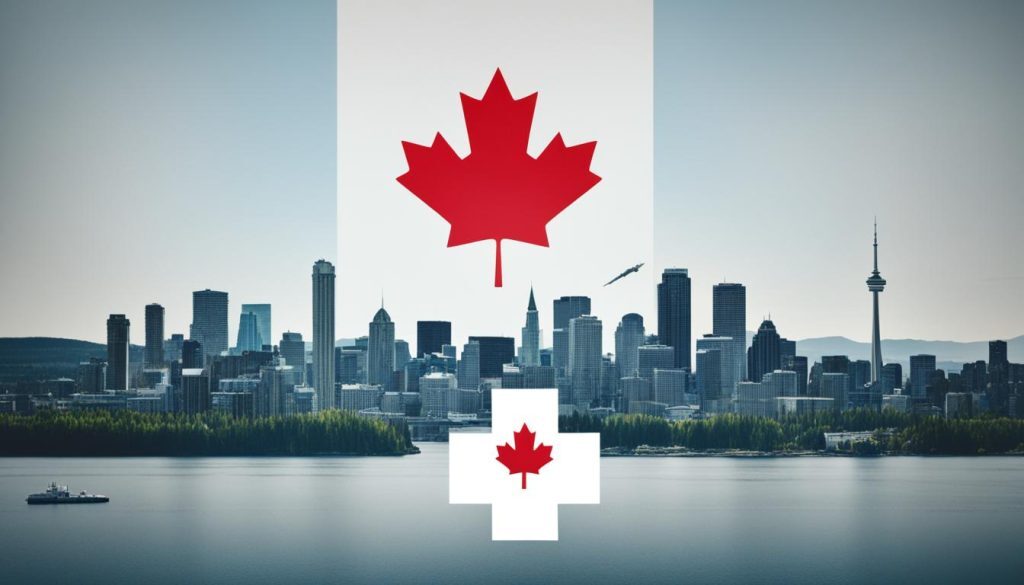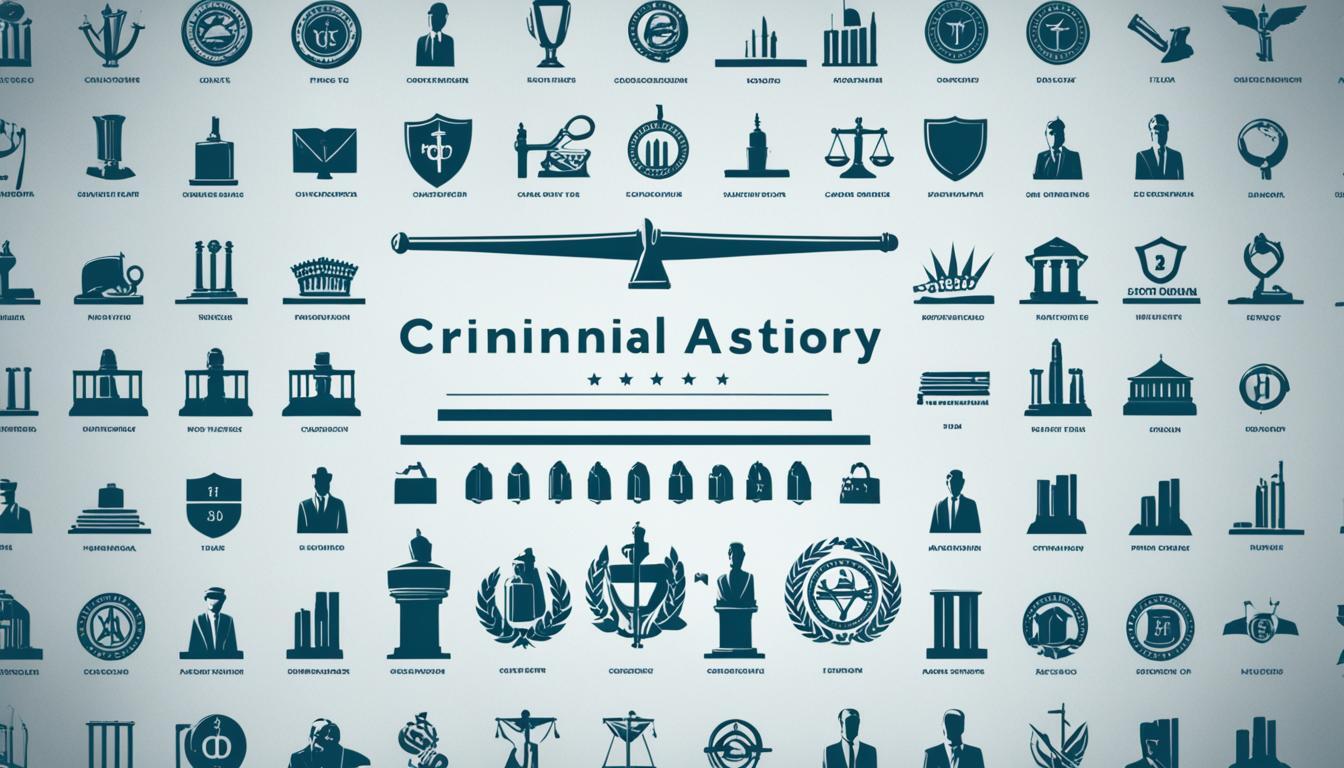Is Cocaine Legal in Canada? Drug Laws Explored
Did you know that as of May 31, 2022, it is no longer a criminal offence to possess small amounts of certain illicit drugs in British Columbia, Canada? This surprising change in drug laws has sparked a nationwide conversation about the legal status of cocaine and other controlled substances in the country.
Key Takeaways:
- Under a three-year pilot program, individuals aged 18 and above in B.C. can legally possess up to 2.5 grams of cocaine, methamphetamine, MDMA, and opioids.
- The exemption for possession does not apply to selling or trafficking drugs, and possession at certain locations such as schools and airports remains illegal.
- The program aims to treat drug use as a health issue rather than a criminal one and focuses on harm reduction and support services for drug users.
- The success of the pilot program will be closely monitored and evaluated, potentially informing future drug policies in Canada.
- Advocates argue for broader drug law reform to shift towards harm reduction and treatment rather than criminalization.
Possession and Decriminalization in B.C.
The decriminalization pilot in B.C. is a significant step towards addressing the ongoing opioid crisis and shifting the perspective on drug use. Instead of treating drug users as criminals, the focus now is on providing support and treating drug use as a health issue.
Under this pilot program, individuals aged 18 and above are allowed to possess small amounts of certain illicit drugs, including cocaine. This exemption for possession applies to up to 2.5 grams of cocaine (both crack and powder), as well as methamphetamine, MDMA, and opioids.
It’s important to note that while the pilot program allows for personal possession, selling and trafficking drugs remains illegal. The possession of drugs at specific locations, such as schools and airports, also continues to be a criminal offense.

This pilot program acknowledges the complexities of drug regulations in Canada and aims to find a balance between addressing public health concerns and maintaining public safety. By decriminalizing small-scale possession, the focus can shift towards harm reduction, education, and supporting individuals in need of help.
During the pilot program, the federal government will closely monitor its impact and effectiveness. Through the collection of data on health outcomes, criminal justice interactions, and other relevant indicators, a comprehensive evaluation will be conducted to determine the future of drug regulations in Canada.
This progressive approach taken by B.C. exemplifies the ongoing discussion and potential for drug law reform across the country. By treating drug use as a health issue, it is hoped that individuals struggling with addiction can receive the support they need, leading to better outcomes for both individuals and communities.
| Key Points |
|---|
| Decriminalization pilot program in B.C. |
| Allows for personal possession of small amounts of certain illicit drugs, including cocaine |
| Exemption applies to individuals aged 18 and above |
| Possession limited to up to 2.5 grams of cocaine, methamphetamine, MDMA, and opioids |
| Selling and trafficking drugs remain illegal |
| Possession at specific locations, such as schools and airports, is a criminal offense |
| Federal government closely monitors the program’s impact and effectiveness |
Duration and Monitoring of the Pilot Program
The exemption pilot program in B.C. is set to last for three years until Jan. 31, 2026. The federal government will closely monitor the program throughout its duration to assess its effectiveness. Data on health outcomes, criminal justice interactions, public safety, and other indicators will be collected and made available to the public through an online dashboard updated quarterly. The program will be evaluated to determine if it should be revoked or replaced.

Program Monitoring
The Canadian government is committed to monitoring the exemption pilot program in B.C. to ensure its success and effectiveness. Throughout the three-year duration of the program, data will be systematically collected and analyzed to evaluate its impact.
An online dashboard will be made available to the public, providing access to quarterly updates on various metrics related to the program. This transparency allows for accountability and enables stakeholders to stay informed about the program’s progress.
Data Collection
The data collected as part of the monitoring process will cover a range of key areas. Health outcomes, such as rates of addiction treatment and overdose-related incidents, will be examined to assess the impact of the pilot program on public health.
The program’s effect on criminal justice interactions, including arrests and charges related to drug offenses, will also be closely monitored. This will provide insights into the program’s influence on law enforcement practices and the wider criminal justice system.
Additionally, data on public safety will be collected to evaluate any potential impact of the program on community wellbeing. This could include examining trends in drug-related crimes, emergency room visits, and incidents of public disorder.
Evaluating the Program
The thorough evaluation of the exemption pilot program will ultimately determine its future. Based on the data collected and the insights gained, policymakers will assess whether the program should be continued, modified, revoked, or replaced with an alternative approach.
By carefully analyzing the program’s outcomes and impacts, the government aims to make evidence-based decisions regarding drug policy in Canada. The evaluation process ensures that decisions regarding the program’s future are well-informed and aligned with the broader goals of Canadian drug policy.
| Areas of Evaluation | Data Collected |
|---|---|
| Health Outcomes | Rates of addiction treatment, overdose-related incidents |
| Criminal Justice Interactions | Arrests, charges related to drug offenses |
| Public Safety | Drug-related crimes, emergency room visits, public disorder incidents |
Enforcement and Thresholds
In British Columbia, the police have been provided with guidelines on how to enforce the 2.5 gram possession threshold for certain illicit drugs. They have received training to help them identify the substances and engage in conversations with individuals to determine their belief about the substance they possess. This approach aims to focus on harm reduction by providing individuals with information and support services, rather than solely seizing the drugs.
It is important to note that the possession exemption only applies to personal possession and does not legalize the selling or trafficking of drugs. The pilot program in B.C. emphasizes a shift towards treating drug use as a health issue rather than a criminal one, with the goal of reducing the negative impacts of drug use on individuals and communities.
The enforcement of drug laws and thresholds plays a crucial role in addressing drug-related issues in Canada. By adopting a more compassionate and supportive approach, authorities aim to promote the well-being of individuals struggling with substance abuse and addiction.
Historical Context of Drug Laws
The history of drug laws in Canada is complex and influenced by various factors. One significant milestone in Canadian drug policy is the Opium Act of 1908. This legislation specifically targeted opium for non-medical use and had a significant impact on Chinese immigrants in the country. The Act has been interpreted as having racist undertones due to its discriminatory effects.
However, drug regulations in Canada began even earlier. Provincial governments implemented regulations on the access to specific medicines, including opium, as early as the late 19th century. The initial concerns over non-medical drug use continued to grow, leading to the passage of the Opium and Drug Act in 1911.
The Opium and Drug Act of 1911 expanded the restrictions on substances for non-medical use. It broadened the scope of restricted substances beyond opium and increased penalties for drug trafficking. This act laid the foundation for future drug laws in Canada, shaping the approach to drug control and enforcement.
Image: Historical context of drug laws in Canada, showcasing the complexities and influences on drug policy throughout the years.
The Impact on Drug Users
The decriminalization pilot program in B.C. has significant implications for drug users in Canada. By shifting the focus from criminalizing drug use to providing support and harm reduction services, the program aims to address the underlying health issues associated with drug addiction. Instead of punishing drug users, the program recognizes drug addiction as a complex health condition that requires compassion and assistance.
The decriminalization of drug possession removes the fear of legal consequences for drug users, which can help reduce the stigma associated with drug use. By treating drug use as a health issue rather than a criminal offense, individuals are more likely to seek help, access treatment, and engage in harm reduction strategies.
One of the main objectives of the program is to improve the health outcomes of drug users. By providing access to support services, such as addiction counseling, treatment programs, and safe injection sites, the hope is to reduce the number of overdose deaths caused by tainted drugs. This approach prioritizes the well-being and safety of individuals struggling with addiction.
The implementation of this pilot program in B.C. aligns with the broader Canadian drug policy shift towards harm reduction and treatment rather than criminalization. It reflects a growing understanding that punitive measures alone are ineffective in addressing drug addiction and its associated harms. Instead, various stakeholders, including healthcare professionals, law enforcement agencies, and community organizations, are working together to develop comprehensive strategies that prioritize the health and well-being of drug users.
| Benefits of the Decriminalization Pilot Program for Drug Users | Challenges for Drug Users |
|---|---|
| Reduced stigma around drug use | Limited availability of addiction treatment programs |
| Access to harm reduction services | Lack of resources for ongoing support |
| Increased willingness to seek help and treatment | Potential social and economic barriers to recovery |
| Reduced risk of legal consequences for possession | Rebuilding relationships and trust with loved ones |
The Future of Drug Laws in Canada
The decriminalization pilot program in B.C. marks a significant milestone in drug policy reform in Canada. This pilot program is part of a broader conversation surrounding drug law reform, with a growing consensus that a shift towards harm reduction and treatment, rather than criminalization, is necessary. By treating drug use as a health issue, there is hope that individuals struggling with substance abuse will receive the support they need to overcome addiction and improve their overall well-being.
The success of this pilot program in B.C. will play a crucial role in shaping the future of drug policies in Canada. The federal government will closely monitor and evaluate the program, collecting data on various indicators, such as health outcomes and public safety. This data will provide valuable insights that can inform evidence-based decision-making and potentially lead to nationwide drug policy reforms.
While B.C. has taken the lead in decriminalizing small amounts of certain illicit drugs, the question remains whether other provinces will follow suit. The outcomes of this pilot program will likely influence the decisions made by other provinces when it comes to drug law reform. As the conversation continues, it is essential to consider the experiences and lessons learned from this pilot program to shape compassionate and effective drug policies that prioritize the well-being of individuals struggling with drug addiction.
- The Role of Police in Community Safety & Unity - October 6, 2025
- Quebec Police Officer Salary Insights 2023 - July 13, 2025
- Canada Arrest Protocol: What Police Say Upon Arrest - June 12, 2025




















Post Comment